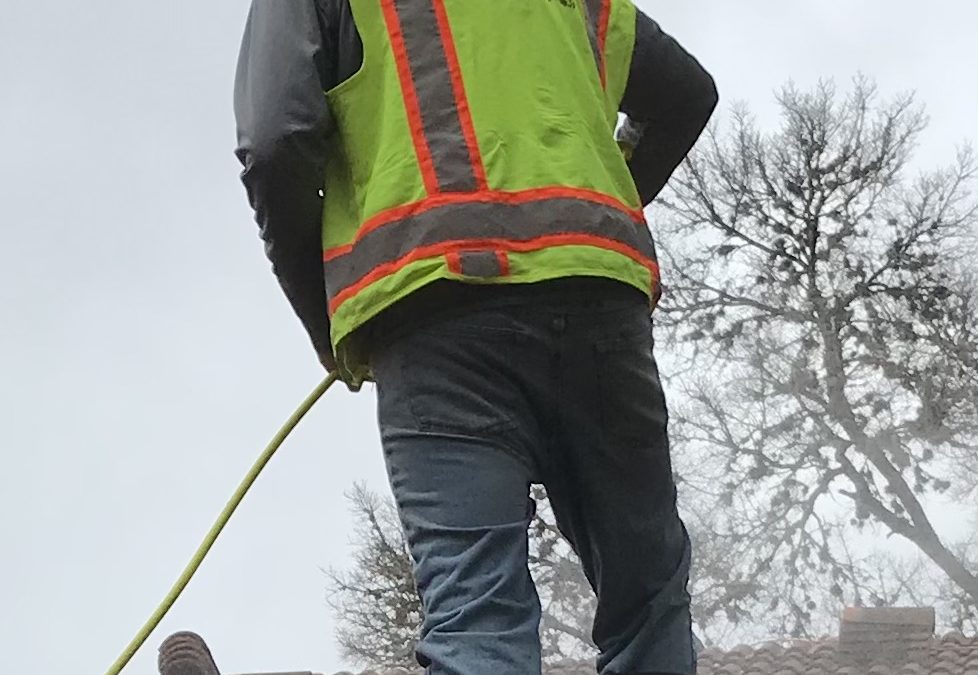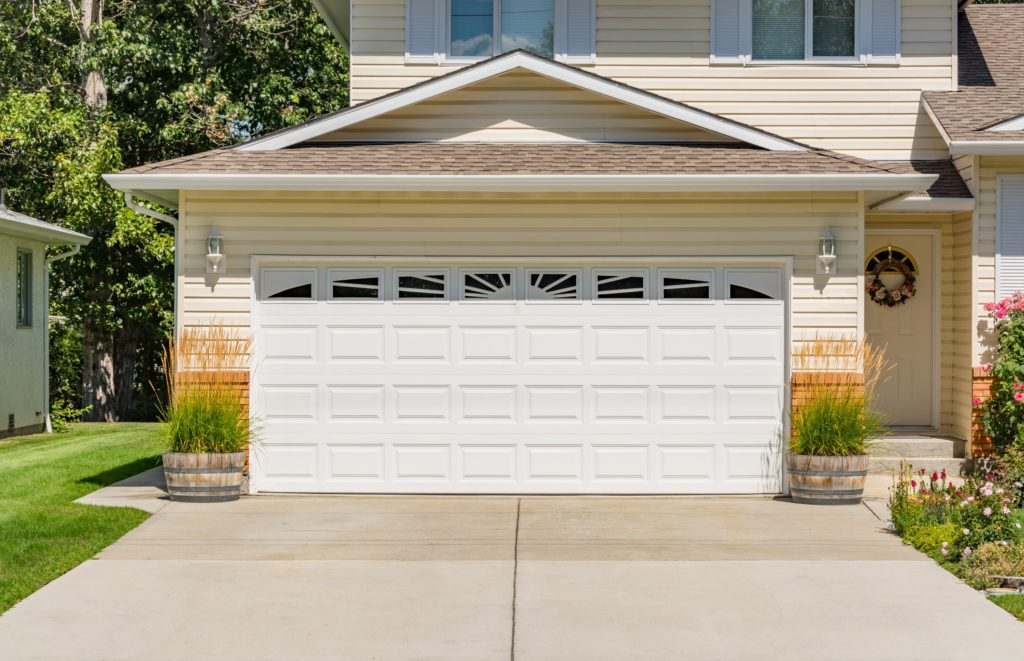Don’t Get Stuck with a Leaky Roof: How to Choose the Best Residential Roofers
Your home is your sanctuary, and its roof is your primary defense against the elements. A high-quality roof not only enhances your home’s curb appeal but also ensures the safety and comfort of your family. However, choosing the right residential roofers are crucial to avoid future headaches and costly repairs. In this blog post, we will walk you through everything you need to know about selecting the best roofer for your home. By the end, you’ll be equipped with invaluable knowledge to make an informed decision.
The Importance of a Good Roof
A roof is one of the most critical components of your home, serving as the first line of defense against the elements. It protects you and your family from harsh weather conditions, such as rain, wind, and snow, and even shields you from extreme temperatures. A well-maintained roof can also improve energy efficiency by providing better insulation, which can lead to reduced utility costs over time. Moreover, a sturdy, aesthetically pleasing roof adds to your home’s overall value and curb appeal, making it an important aspect for potential buyers if you ever decide to sell.
On the other hand, a poorly installed or damaged roof can lead to numerous problems, including leaks, water damage, mold growth, and structural issues. These problems not only compromise your safety and comfort but also can result in costly repairs. In severe cases, you might even face the expense and inconvenience of a complete roof replacement. Such issues can disrupt your daily life and pose health risks, especially if mold growth occurs.
Therefore, it is essential to choose a reputable and reliable residential roofer to avoid such problems. A professional roofer can ensure your roof is installed correctly and maintained properly, conducting regular inspections and timely repairs. They can also provide advice on the best materials and techniques to use, ensuring your roof’s longevity and performance. By investing in quality roofing services, you are safeguarding your home and ensuring peace of mind for you and your family.
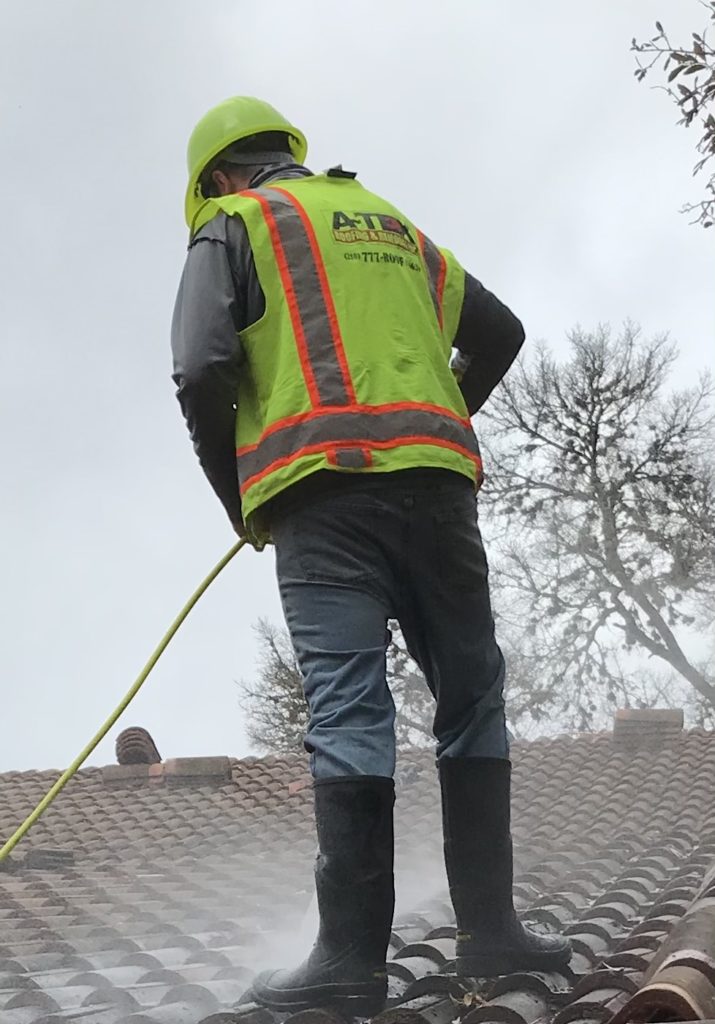
Professional Residential Roofer
Signs of a Leaky Roof
Identifying the early signs of a leaky roof can save you from extensive damage and expensive repairs down the line. Here are some common indicators that your roof may have a leak:
- Water Stains on Ceilings and Walls: Brown or yellow discoloration on your ceilings and walls is often a clear sign of water infiltration. These stains may grow over time if the leak isn’t addressed.
- Dripping Water: If you notice water dripping from the ceiling or down the walls during or after rainfall, it’s a strong indication that your roof is compromised.
- Musty Odors: A persistent, musty smell in your attic or other areas of the house can signal mold or mildew growth due to moisture seeping through the roof.
- Visible Mold: Seeing mold or mildew on your walls, ceilings, or in the attic means there’s likely a moisture problem, often caused by a leaky roof.
- Peeling Paint or Wallpaper: Moisture behind paint or wallpaper can cause it to peel or blister. This is a sign that water is getting into your home from the roof.
- Damaged or Missing Shingles: Inspect your roof for any shingles that are cracked, curled, or completely missing. Shingles serve as a barrier against the elements, and any damage to them can create pathways for water to enter.
- Granules in Gutters: Finding excessive granules from your asphalt shingles in your gutters is another red flag. Shingles loose granules as they age and deteriorate, which can lead to leaks.
- Sagging Roof Deck: A roof deck that appears to be sagging or has a warped look is a significant sign of water damage. This needs immediate attention as it can compromise the structural integrity of your home.
By keeping an eye out for these warning signs, you can take timely action to address any potential leaks. Early detection and repair are key to maintaining a safe and dry home environment.
Importance of Professional Roofing Services
Opting for professional roofing services provides numerous advantages that can significantly impact the longevity, safety, and overall quality of your roof. One of the primary benefits is the expertise and experience that professional roofers bring to the table. They are equipped with the knowledge to handle various roofing problems and can accurately assess the condition of your roof. This allows them to recommend the best course of action, whether it be repairs, maintenance, or a complete replacement.
Professional roofers also have access to high-quality materials that are often not available to the average homeowner. These premium materials ensure a more durable and long-lasting roof. Moreover, professional installations are typically backed by warranties, offering you peace of mind in case any issues arise after the work has been completed.
Safety is another critical reason to hire professional roofing services. Roofing can be dangerous, and skilled roofers are trained to follow safety protocols and use appropriate equipment to prevent accidents. This reduces the risk of injury to you and your family and avoids potential liability issues.
Additionally, hiring a professional can save you time and money in the long run. DIY roofing projects often lead to mistakes that can result in more severe problems down the line, necessitating costly repairs. Professionals can complete the work efficiently and correctly the first time around, ensuring the job is done right and minimizing future expenses.
Lastly, professional roofing services can improve your home’s resale value. A well-maintained roof is a significant selling point for potential buyers, and having documentation that the roof was installed or repaired by professionals can add credibility and value to your property.
In summary, investing in professional roofing services is an investment in your home’s future. The expertise, quality, safety, and potential savings make it a wise choice for any homeowner.
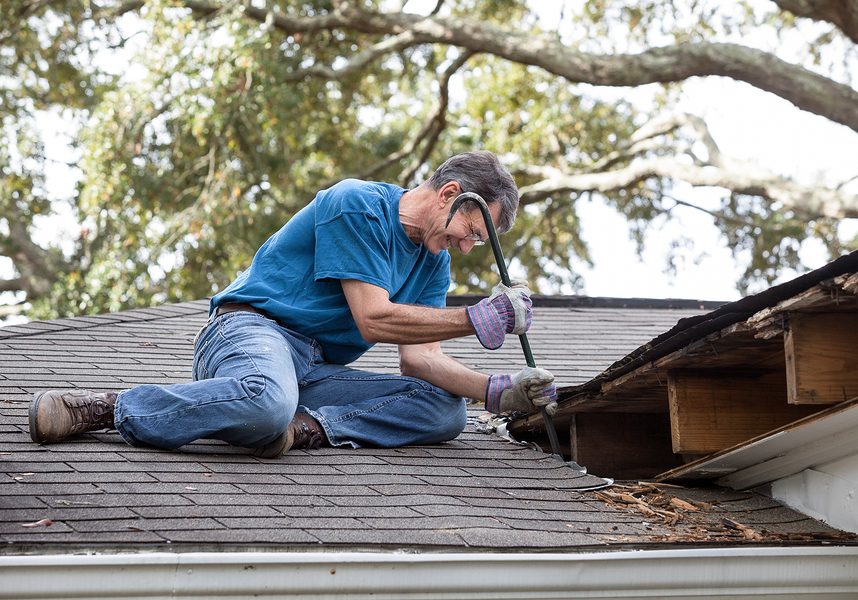
Roof Installation Near Me Boerne TX
How to Choose the Best Residential Roofer
Choosing the best residential roofer involves a careful evaluation of several key factors to ensure you’re hiring a reputable and skilled professional. Here are some steps to guide you in making an informed decision:
- Check for Licensing and Insurance: Ensure the roofer you consider is licensed to operate in your area and has adequate insurance coverage. This includes workers’ compensation and liability insurance, which protect you in case of accidents or damage during the roofing project.
- Look for Experience: Experience matters significantly in roofing. Choose a roofer who has been in the business for several years and has a proven track record of successful projects. Experienced roofers are more likely to handle a variety of roofing issues and provide top-notch service.
- Ask for References and Reviews: Request references from the roofer and follow up with past clients to get their feedback. Additionally, look for online reviews on platforms like Google, Yelp, or the Better Business Bureau. Positive reviews and high ratings are good indicators of a reliable roofer.
- Get Multiple Quotes: Obtain quotes from at least three different roofers. This allows you to compare prices, services offered, and materials used. Be cautious of exceedingly low estimates, as they may indicate subpar work or the use of inferior materials.
- Verify Warranties: A reputable roofer will offer warranties on both materials and workmanship. Ensure you understand the terms of these warranties and what they cover. A solid warranty is a sign that the roofer stands behind their work.
- Evaluate Communication: Effective communication is essential for a smooth roofing project. Choose a roofer who is responsive, answers your questions clearly, and keeps you updated throughout the process. Good communication helps prevent misunderstandings and ensures your expectations are met.
- Inspect Safety Procedures: Roofing can be hazardous, so it’s important that the roofer adheres to strict safety protocols. Ask about their safety procedures and the training their team receives to minimize the risk of accidents.
- Review Contract Thoroughly: Before signing any contract, review it carefully. The contract should include details about the scope of work, materials to be used, project timeline, payment schedule, and warranty information. Don’t hesitate to ask for clarification on any points you don’t understand.
By following these steps, you can choose a residential roofer near me who is qualified, trustworthy, and capable of delivering high-quality results. Taking the time to research and select the right roofer will help ensure your roofing project is completed successfully and to your satisfaction.
Questions to Ask Your Roofer
Asking the right questions can help you make a well-informed decision when hiring a roofer. Here are some essential questions to ask during your initial consultation:
- What is your experience with similar roofing projects?
- Can you provide references and examples of past work?
- Are you licensed and insured?
- What type of materials do you use, and why?
- Do you offer warranties for both materials and workmanship?
- How do you handle unforeseen issues or changes during the project?
- Will there be a project manager or point of contact throughout the process?
- How long will the project take, and what is the estimated timeline?
- What safety measures do you have in place for your team and my property?
- Can I see a detailed breakdown of the costs and payment schedule?
By asking these questions, you can gain a clear understanding of the roofer’s qualifications, work practices, and commitment to quality. This information will aid you in making an informed decision and selecting a roofer who will meet your needs and expectations.
Types of Roofing Materials and Which One is Right for You
Choosing the right roofing material is essential for both the durability and aesthetic appeal of your home. Here are some common types of roofing materials you might consider:
Asphalt Shingles
Pros: Asphalt shingles are one of the most popular roofing materials due to their affordability, versatility, and ease of installation. They come in various colors and styles, offering a wide range of design options.
Cons: While cost-effective, asphalt shingles have a shorter lifespan compared to other materials, generally lasting around 20-30 years. They may also be less environmentally friendly due to their composition.
Best for: Homeowners looking for a budget-friendly option with a variety of aesthetic choices.
Metal Roofing
Pros: Metal roofs are highly durable, energy-efficient, and environmentally friendly. They can last 40-70 years and are resistant to weather extremes, fire, and impact.
Cons: The initial cost of metal roofing is higher than asphalt shingles. Installation is also more complex, requiring specialized skills.
Best for: Those who are willing to invest in a long-lasting, low-maintenance roofing material.
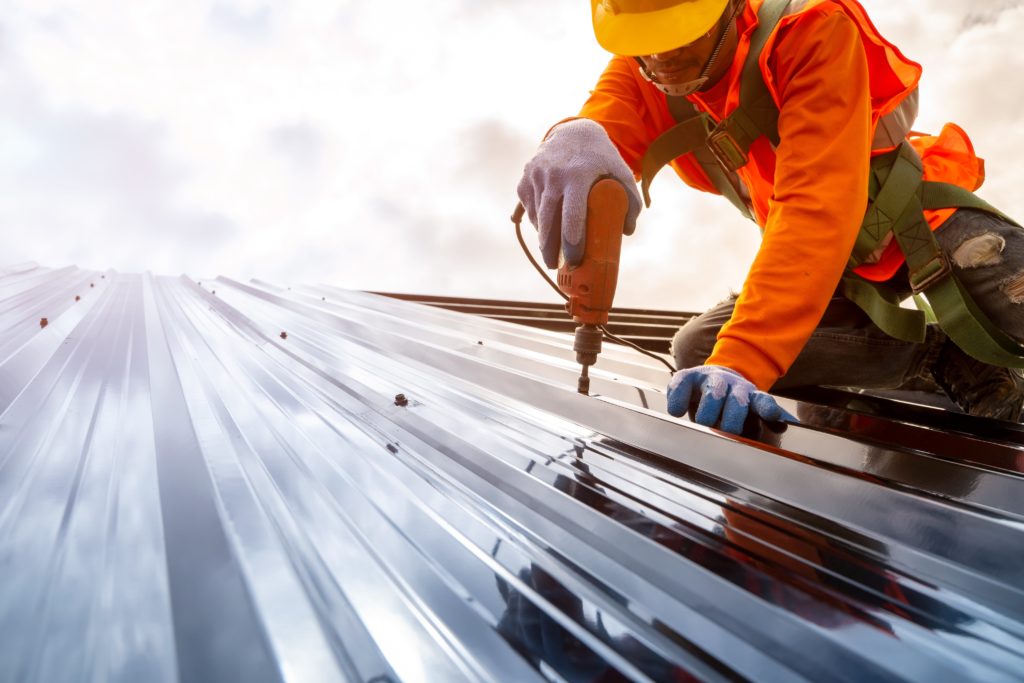
Local Roofing Company
Wood Shingles and Shakes
Pros: Wood shingles and shakes offer a natural, rustic look that enhances the character of any home. They provide good insulation and can last up to 30-50 years if properly maintained.
Cons: Wood roofing requires regular maintenance to prevent issues such as rot, mold, and insect damage. They are also more susceptible to fire unless treated for fire resistance.
Best for: Homeowners seeking a natural aesthetic and are prepared for the ongoing maintenance.
Slate Roofing
Pros: Slate roofs are extremely durable and can last over 100 years. They are also highly resistant to fire and weather damage. The elegant appearance of slate adds to the home’s value and curb appeal.
Cons: Slate is one of the most expensive roofing materials both in terms of material cost and installation. It is also very heavy, requiring additional structural support.
Best for: Those seeking unrivaled longevity and classic beauty, and who don’t mind the higher cost and weight.
Clay and Concrete Tiles
Pros: Known for their durability and long lifespan (50-100 years), clay and concrete tiles are also fire-resistant and can withstand extreme weather conditions. They come in various styles and colors, suitable for various architectural designs.
Cons: Similar to slate, these tiles are heavy and may require additional support. They are also more expensive and complicated to install.
Best for: Homes in regions prone to dry, hot climates, or those seeking a distinctive, Mediterranean-inspired look.
Synthetic Roofing Products
Pros: Synthetic roofing materials like rubber, plastic, or polymer roofing are designed to mimic the appearance of traditional materials like wood or slate but with enhanced durability and lower cost. They often come with excellent warranties.
Cons: While synthetic materials are generally durable, their longevity can vary depending on the specific product and manufacturer. Some may not have the same aesthetic appeal as natural materials.
Best for: Homeowners looking for a cost-effective alternative to natural materials with good performance characteristics.
When deciding on the right roofing material, consider factors such as your budget, the architectural style of your home, your local climate, and the level of maintenance you are willing to perform. Consulting with a professional roofer can also provide valuable insights to help you make an informed decision.
Conclusion
Your roof is a crucial part of your home’s structure, protecting you and your belongings from the elements. It is essential to choose the right roofer and roofing material for your needs to ensure a successful project that will provide long-term value and satisfaction. With careful consideration and research, you can find the best solution for your home and enjoy peace of mind knowing that you have made an informed decision. So take your time, ask questions, and select a reputable, experienced roofer for a job well done. Remember, investing in quality now can save you money and headaches in the future.
https://www.google.com/maps?cid=465871782046421571



